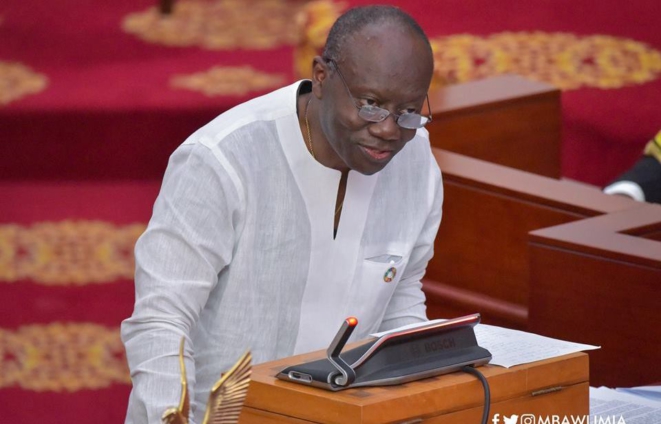Finance Minister Ken Ofori-Atta has announced a new 1.75 per cent tax called E-levy on mobile money and all electronic transactions in the country as a measure to “rope in the informal sector into the tax net.”
The Minister announced this while reading the 2022 Budget in Parliament, saying that the decision is part of a number of measures to widen the tax net to ensure all Ghanaians paid their fair share of taxes.
He noted that the outbreak of the Covid-19 pandemic contributed to the acceleration of digitalization and its usage in Ghana, and that led to over 120 per cent increase in the value of digital transactions in the country as of February 2021, per records from the Central Bank.
“Total value of transactions for 2020 was estimated to be over GHS500 billion
compared to GH¢78 billion in 2016 just 5 years ago, while total mobile money
subscribers and active mobile money users have grown by an average rate of 18% and
16% respectively between 2016 and 2019,” he said.
The Minister told Parliament it is becoming clear there exists enormous potential to increase tax revenues by bringing into the tax bracket, transactions that could be best defined as being undertaken in the “informal economy”.
To that end, he said “After considerable deliberations, Government has decided to place a levy on all electronic transactions to widen the tax net and rope in the informal sector. This shall be known as the “Electronic Transaction Levy or E-Levy.
“Electronic transactions covering mobile money payments, bank transfers, merchant payments and inward remittances will be charged at an applicable rate of 1.75%, which shall be borne by the sender except inward remittances, which will be borne by the recipient,” he said.
It would be recalled that last year, Minister of Communications, Ursula Owusu-Ekuful started pushing an agenda for service charges on mobile money to be taxed, but the Finance Minister and the Vice President, Dr. Mahamudu Bawumia spiked the idea saying it will eventually burden consumers and derail the digital Ghana agenda.
But one year on, government has found it prudent to now place a direct service tax on the consumers it sought to protect not long ago.
It is still not clear how the 1.75% e-levy will be implemented. Already there is a 1% service fee on all mobile money and several other electronic transactions. The question still remains whether the 1.75% will be an addition to make the fee 2.75% or it will be calculated on the just the 1% fee.


































